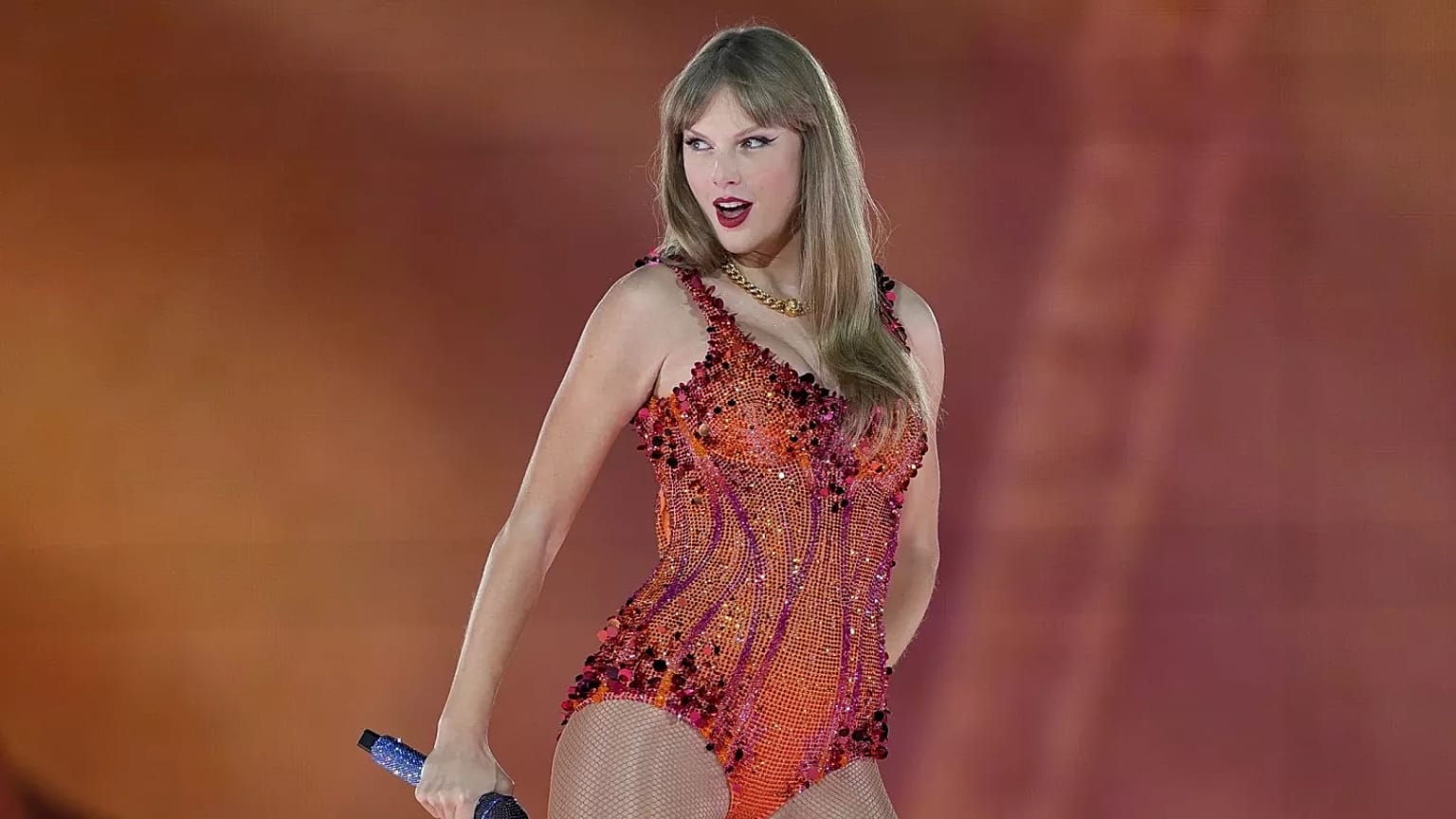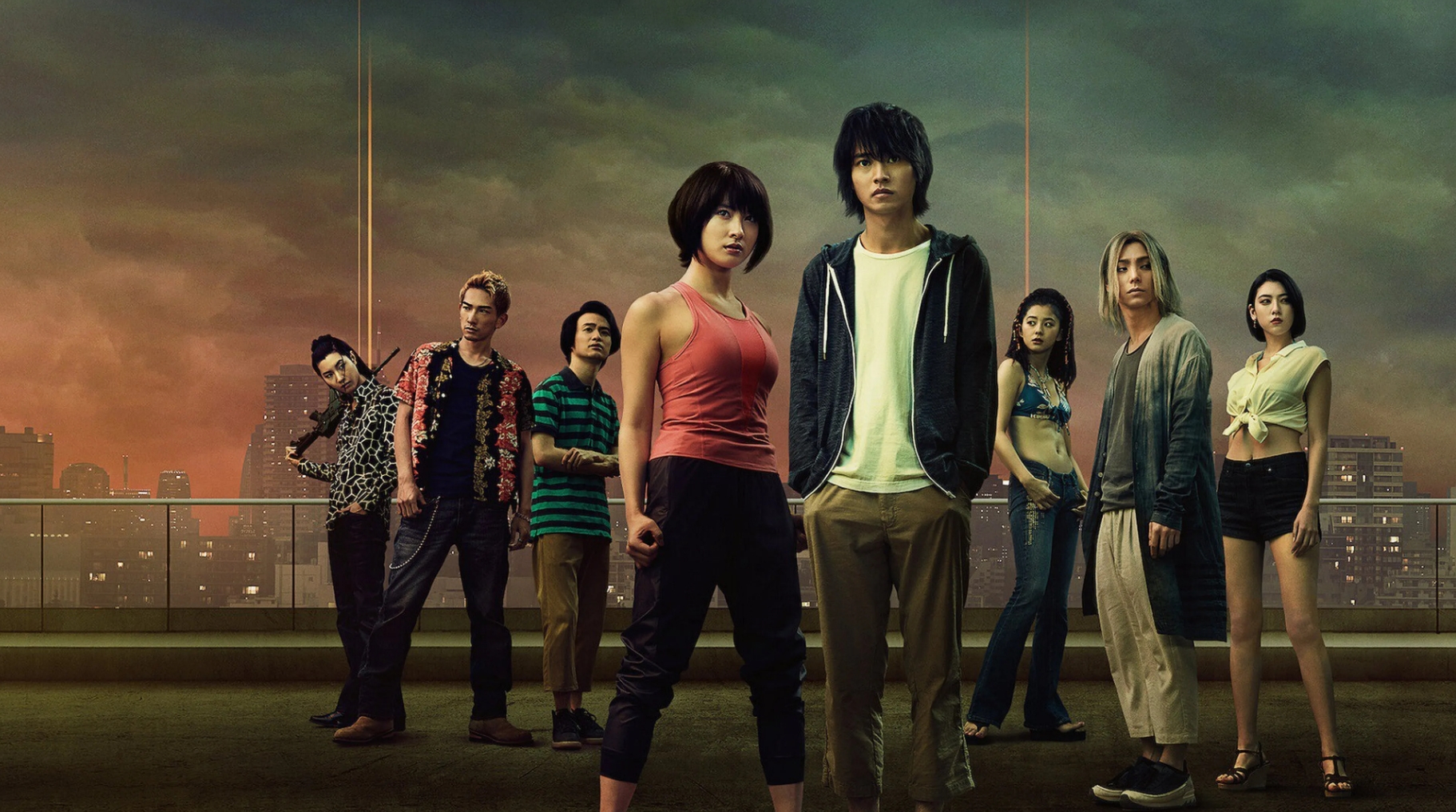The movie The Social Network from 2010, crafted by director David Fincher with a screenplay by Aaron Sorkin, transcends being a mere biography of Facebook’s inception. Positioned in the digital era, it illustrates the complexities of technology’s impact, the transformation of interpersonal connections, and the moral dilemmas found within our increasingly intertwined world. Understanding the significance of The Social Network in the present involves delving into its subjects, actual historical roots, and the changing digital environment.
Entrepreneurship in the Digital Age and the Worship of Innovation
At its essence, The Social Network vividly depicts Facebook’s founding tale, highlighting the quintessential figure of the digital age: a brilliant college dropout who revolutionizes conventional markets. The movie encapsulates the early 2000s tech surge, which turned dorms into incubators for billion-dollar enterprises. Mark Zuckerberg’s relentless ambition, portrayed by Jesse Eisenberg, reflects Silicon Valley’s spirit of innovation, where bold concepts—enhanced by programming—can transform not only economies but also the very nature of social interaction.
The movie portrays how the internet era expanded access to opportunities while also creating a new group of elites: individuals with the technical expertise and foresight needed to leverage extensive networks. The portrayal of Ivy League universities as breeding grounds for technological innovation is rooted in fact. Data from Crunchbase and AngelList highlight that many unicorn startups were launched by founders who attended prestigious universities, thus supporting the narrative presented in the film.
Redefining Friendship and Social Dynamics
The phrase, “Reaching 500 million friends comes with its share of adversaries,” highlights a core contradiction of the digital age. Social media sites, with Facebook being the most prominent, have profoundly transformed the idea of friendship. The Social Network explores the conflict between genuine personal connections and online interactions. The personal breakdown between Zuckerberg and Eduardo Saverin, who co-founded the company with him, illustrates how technology can simultaneously foster and undermine trust.
Case studies accentuate this: An Oxford Internet Institute report observed that while the average Facebook user might have hundreds of online connections, meaningful offline relationships remained stagnant or even declined, illustrating Dunbar’s number theory. The narrative power of the film is in how it mirrors this paradox—highlighting not just growth in social networks, but the cost at an individual level.
Morality, Possession, and the Online Gold Fever
The issue of intellectual property is a constant presence in the film, represented by the legal disputes involving Zuckerberg, the Winklevoss twins, and Saverin. This portrayal reflects larger patterns in digital innovation: the conflict between joint creativity and fierce rivalry. The film offers a glimpse into an environment where the drive to establish ownership surpasses conventional ethical limits.
The film’s legal conflict highlights recurring themes in the tech industry, seen in cases like Google vs. Oracle or Snapchat’s beginnings, which emphasize ongoing debates about coding, concepts, and recognition. These disputes are not just narrative elements but symbolize a digital economy that frequently values rapid growth and market leadership above moral principles and fairness.
Narratives of Alienation in a Hyperconnected World
A persistent theme in The Social Network is the depiction of solitude amidst widespread connection. Mark Zuckerberg, while creating a tool meant to unite individuals, is shown as inherently solitary—a concept often highlighted in studies about the psychological effects of social networks. A study from the American Journal of Preventive Medicine (2017) found a link between heavy use of social media and feelings of social loneliness in young adults. Consequently, the movie can be seen as both a creation narrative and a warning story.
Through its cold color palette, fast-paced dialogue, and Sorkin’s script, the movie portrays a landscape where ambition is exhilarating but relationships are expendable. It anticipates conversations about the impact of digital platforms on mental health, self-worth, and human connection—conversations that have only intensified in a post-2010 world.
The Dynamics of Influence and Data Power
While set in the early days of Facebook, The Social Network foreshadows the enormous power that digital platforms would accrue over time. Beyond connecting friends, Facebook’s evolution into a data-driven marketing juggernaut and a pivotal actor in elections and societal discourse is not explicit in the film but resonates with hindsight. The movie’s portrayal of Facebook as a force that rapidly outpaces its own creators’ ethical frameworks mirrors persistent dilemmas about platform accountability.
Cambridge Analytica and ongoing debates on content moderation underscore how today’s digital giants wield influence exceeding that of corporations in previous eras. The Social Network acts as a prescient narrative, inviting audiences to question how much control we truly have over technologies fundamentally shaping social reality.
Heritage for the web
Over a decade later, the impact of The Social Network persists not simply through its storytelling but as a cultural lens on our collective digital journey. Its enduring relevance lies in the questions it poses—about innovation’s double-edged sword, the mutable definition of connection, the ethics of ownership, and the profound solitude that can characterize digital life.
Witnessing the movie in contemporary times prompts a thoughtful examination of what has been achieved and lost in the unyielding quest for connection and advancement. By illustrating rapid triumph and individual consequences, The Social Network mirrors the aspirations and fears that characterize the digital era, encouraging ongoing introspection about the paths we take and the principles we uphold in our interconnected society.




